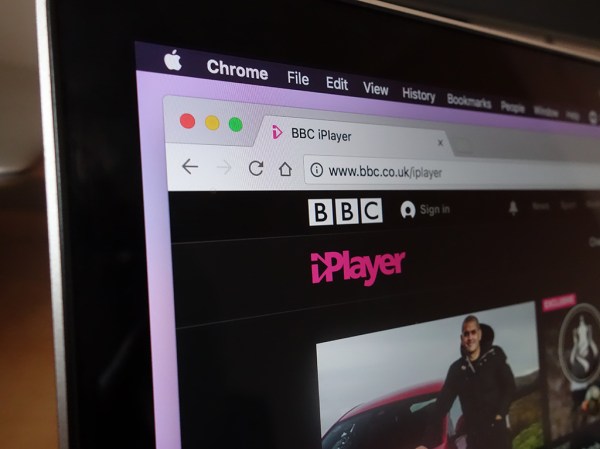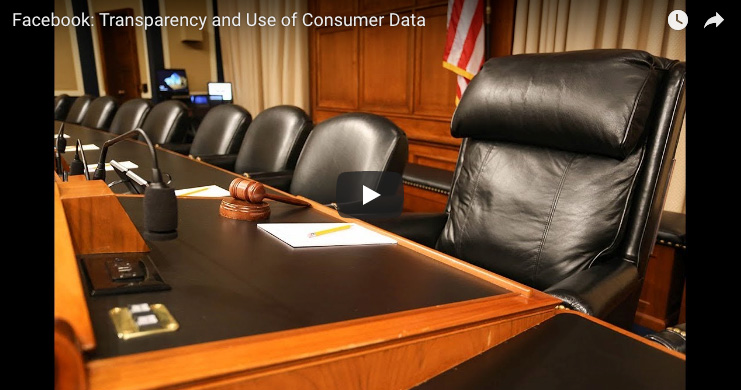

Head of Instagram Adam Mosseri is the latest tech executive to face Congress, and address concerns from the Senate subcommittee on Commerce, Science, and Transportation Wednesday about the platform’s impact on young people. But while Mosseri opened his testimony by saying Instagram can be “a force for good” for teen users, his defense was met with skepticism and frustration from a bipartisan panel that has heard from multiple social media leaders from companies including YouTube and TikTok in recent months.
“This is now the fourth time in the past two years that we have spoken with someone from Meta and I feel like the conversation repeats itself ad nauseam,” said Senator Marsha Blackburn (R-TN), referring to Instagram’s parent company, formerly known as Facebook.
Much of the recent attention on Meta has been in response to leaks from former Facebook employee France Haugen, who also took a turn testifying in October. Among the internal documents she shared were studies on children and teens, including research that found Instagram to have a negative effect on the self-esteem of young girls (Meta has pushed back on the characterization of these papers, saying the research was been taken out of context and had been designed to “inform internal conversations” about improving Instagram).
[Related: Congress is coming for big tech—here’s how and why]
Instagram has made a number of changes since, perhaps most notably putting plans for a controversial “Instagram Kids” service for users under 13 on pause. The day before the hearing, Mosseri posted a company blog announcing additional features geared towards preserving the privacy, safety, and mental health of younger users. For example, one youth-centric feature sends a “Take a Break” notification after a certain amount of time spent scrolling and “nudges” users if they are “dwelling on one topic” for a while. Other related features are aimed at adults, providing them with parental control and education options. Additional safeguards will now limit the ability for adults to contact underage users. And, during the hearing, Mosseri said Instagram is considering giving individuals an option to see posts in their feed chronologically rather than in the order currently devised by the algorithm. He further elaborated on this through a tweet.
These changes did little to appease the Congressional panel, though. Multiple members said their staff created fake teen accounts ahead of the hearing which still revealed issues with the content and protections provided to this demographic. For example, Senator Mike Lee (R-UT) said after following a female celebrity, his team’s account was recommended plastic surgery and other body-conscious content. Senator Blackburn flagged that the fake account her staff set up as a 15-year-old girl defaulted to public, despite Instagram’s assurances—including in Mosseri’s opening statement—that accounts for users under 16 would automatically be set to private. (Mosseri said this policy had not yet been extended to profiles created on web browsers and would be addressed).
[Related: The Facebook whistleblower’s Congressional hearing was a ‘big tobacco moment’ for tech]
Senator Richard Blumenthal (D-VA) also created a dummy account that led him to pro-eating disorder content. In his questioning, Blumenthal asked Mosseri to quash plans for “Instagram for Kids” rather than leaving them on “pause,” but Mosseri would not commit to making that shift. Mosseri also pushed back on allegations that Instagram is “addictive” and argued that the concerns raised were not just specific to his company, instead framing them as part of an industry-wide challenge.
“The reality is that keeping young people safe online is not just about one company,” Mosseri said in his testimony, introducing the idea of an “industry body” that can determine best practices for youth safety.
“This body should receive input from civil society, parents, and regulators to create standards that are high and protections that are universal,” he added. “And I believe that companies like ours should have to adhere to these standards to earn some of our Section 230 protections.”
However, that idea failed to impress members of Congress, with Senator Blumenthal ending the hearing by saying there is no longer enough “trust” to rely on the company self-policing.
“I think you will sense on this committee a pretty strong determination to do something well-beyond what you’ve indicated you have in mind,” Blumenthal said, noting that the officials would “continue the effort” to develop new legislation in response to their concerns, as well.























